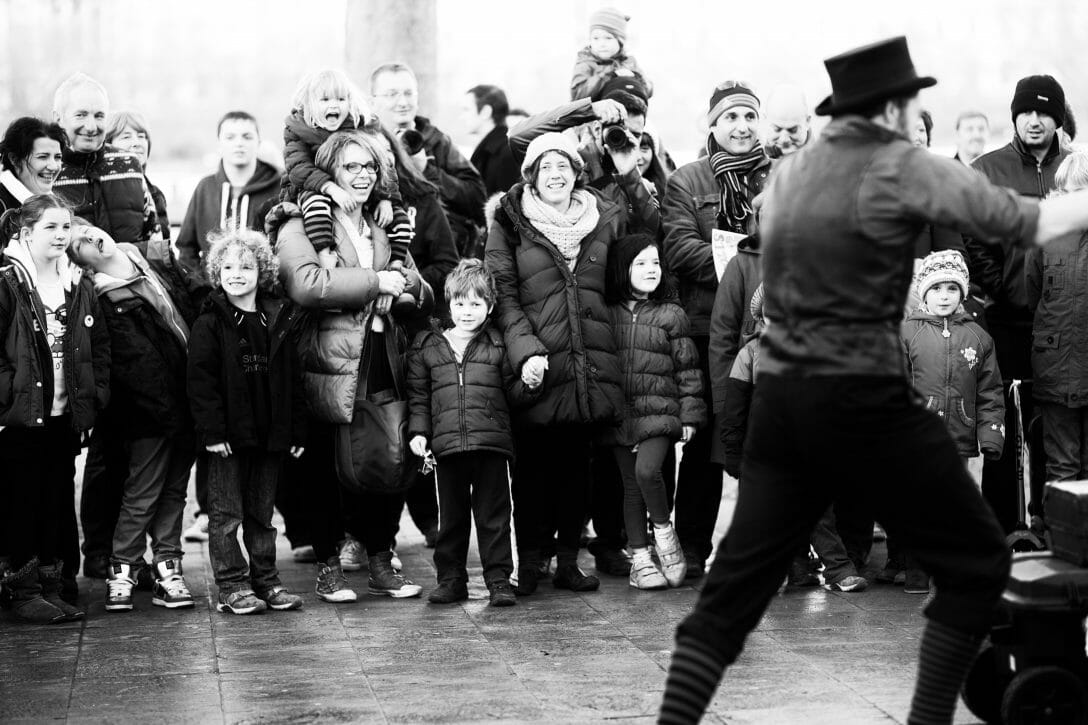“The point of modern propaganda isn’t only to misinform or push an agenda. It is to exhaust your critical thinking, to annihilate truth” Garry Kasparov
In common with much of the rest of the world, political campaigning around Brexit is increasingly about pumping out so many conflicting messages that undecided voters just give up on making sense of the different analyses. Which works as a tactic, and in the case of politics, there are always operators who believe that their ends justify the means. Politics is at the more extreme end of this when it comes to public debate as it all seems to matter so much. But as a process it means that the debate is dominated by interpretations rather than substance.
There is of course a continual dissection of the minutiae of each stage of the drama as it unfolds, that by general consensus just reinforces people’s positions of either Leave, Remain or Don’t Know. But the assumptions and premises that existed for the first two groups aren’t discussed but built upon. And depending on your starting point, the interpretation made of Boris Johnson waving a kipper heads into one of two diametrically opposed positions.
The confusion of those in the third group leaves them open to simplified and emotive suggestion – a political tactic Peter Pomerantsev writes about in This is Not Propaganda: Adventures in the War Against Reality. The ‘persuadables’ in this context are supposed to be the targets of all that Cambridge Analytical stuff on Facebook (which is really just another version of digital consumer marketing).
Phenomenological psychologists like me (I am one) don’t like this very much at all. It’s hard enough to get to the heart of the matter about anything at the best of times and if the brightest lawyers, marketers or politicians are doing their best to get you tangled up in the weeds about something it just makes this harder. Particularly annoying when it’s considered clever to mislead people, given that we’re wired to be misled. Seriously, we all have a ‘truth bias’ which inclines us to believe what we’re told.
The focus of phenomenological coaching aims to be the reverse of modern politicking by making clear distinction between two key concepts: noema and noesis. Noema is the thing itself. Noesis is the interpretation we build on top of that thing.
Philosophers inspired by Husserl and Heidegger focus on deliberately simple things, like a chair, and press into the question of what actually is it? And by doing this, it soon becomes apparent that pinning down objectively and actually what is, isn’t easy at all. Something to sit on, firewood, decoration? What were the constituent parts 100 years ago? What will they become? What will our memory of this chair be? Are we determining what it really is or just giving some subjective opinions and interpretations?
A noema is an absolute objective truth, one that we can never quite reach. But we can try to get as close to it is as possible. Like God. But while we can never get it completely right being closer to what it actually is, is a lot better than being far away. And slowing down in coaching and considering what the thing is, before overlaying (noetic) interpretation is often very helpful.
In practice (like in politics) we can get so wrapped up in the subjective interpretation that we fail to give proper consideration to clarifying the thing or problem that’s at the heart of it all.
For example, you might be in an internal meeting about a salary review for a member of staff. The noema here would be much harder to pin down and define than the phenomenological chair above. It would need to take into account assessments of performance relative to peers and the market, revenue contribution, history etc. Not easy.
However, someone kicks off by saying you over-indulge your own staff and were unsupportive in a previous case involving a different staff member. Passive aggressive, verbal and non-verbal sparring ensues about how you approach HR decisions. Maybe it becomes aggressive too. Either way it becomes a noetic helter skelter ride about interpretations and dissection of the difficult noema is downgraded and quite possibly distorted and / or left behind. And a bad decision is eventually made for reasons that made sense at the time – because they resolved the accusation of partiality.
Coaching is very often about dropping out of this way of doing things, slowing down and giving attention to what Husserl referred to as “the things themselves”. Finding truth is an uphill struggle at the best of times – politics around Brexit as much as politicking in offices distracts from and undermines this search. Being clear about 1) what it is and 2) what that infers is a key principle of rational decision making. Making a clear distinction between the two sounds simple but can often be hard.

